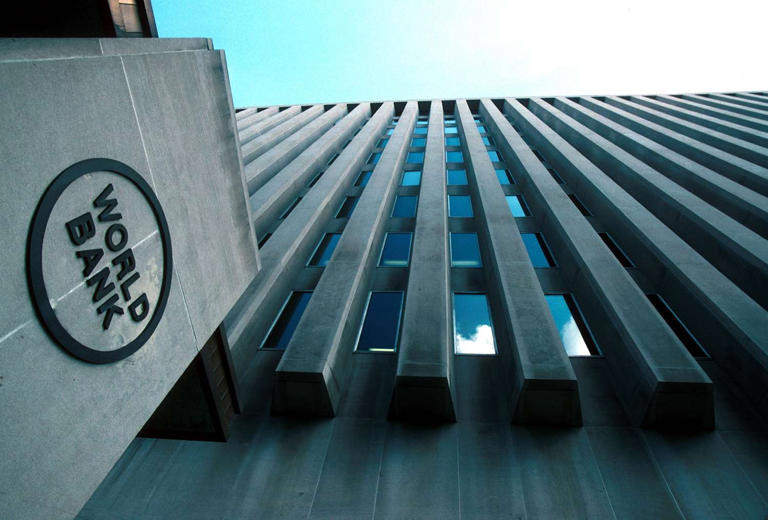The upcoming annual meetings of the World Bank and the International Monetary Fund (IMF) are set to convene a diverse array of participants from across the globe. These gatherings serve as diplomatic forums, aiming for inclusivity and collaboration on global economic issues. However, beneath the surface of this diplomatic exchange lies a fundamental difference in the missions and operations of these financial institutions.
Established in the aftermath of World War II by Western powers, the World Bank and IMF were initially crafted to promote economic development and stability, primarily within market-based economies. This historical context shapes their foundational principles and objectives, which were not inherently designed to accommodate the interests and agendas of non-market economies like China.
The inclusion of China in these institutions has posed challenges to their core missions. China’s economic agenda, driven by its national interests, diverges from the principles of global cooperation and adherence to established standards that underpin the World Bank and IMF’s operations. Consequently, China’s participation within these institutions has sometimes been viewed as undermining their effectiveness and legitimacy.
One significant aspect of China’s influence is its role as a major creditor to developing nations. While China’s lending practices have provided financial support to countries in need, concerns have arisen regarding the terms of these loans. Unlike traditional financing from the World Bank or IMF, Chinese loans often lack safeguards for sound economic policies, leading to the perpetuation of debt traps and fostering corruption in recipient countries.
Moreover, within the institutional frameworks of the World Bank and IMF, China’s involvement has occasionally hindered progress. For example, in cases of IMF-led sovereign debt resolution, China’s reluctance to cooperate has impeded effective decision-making and resolution processes, undermining the institutions’ ability to address economic crises.
Similarly, at the World Bank, China’s actions have raised questions about its commitment to upholding human rights standards and fair procurement practices. By exploiting procurement processes and advancing its own interests, China has compromised the integrity of the institution and hindered efforts to promote transparency and accountability.
Despite these challenges, leaders of the World Bank and IMF have often opted for a strategy of appeasement rather than confronting China’s disruptive behavior directly. This approach, driven by concerns about antagonizing China, has led to compromises that undermine the institutions’ effectiveness and their ability to fulfill their mandates.
To address these issues, proactive measures are necessary. This includes reevaluating lending practices to China, revising procurement procedures to exclude bids that do not meet established standards, and promoting greater transparency regarding Chinese lending activities. Additionally, coordinated efforts by democratic nations, such as those within the G7, are crucial to challenging China’s influence within these institutions and reaffirming their original mandates.
While such measures may face resistance from China, they are essential to realigning the focus of the World Bank and IMF towards serving the global community’s best interests. By reaffirming their commitment to promoting economic growth, stability, and the well-being of vulnerable populations, democratic nations can effectively confront China’s disruptive agenda and safeguard the integrity of international financial institutions.
